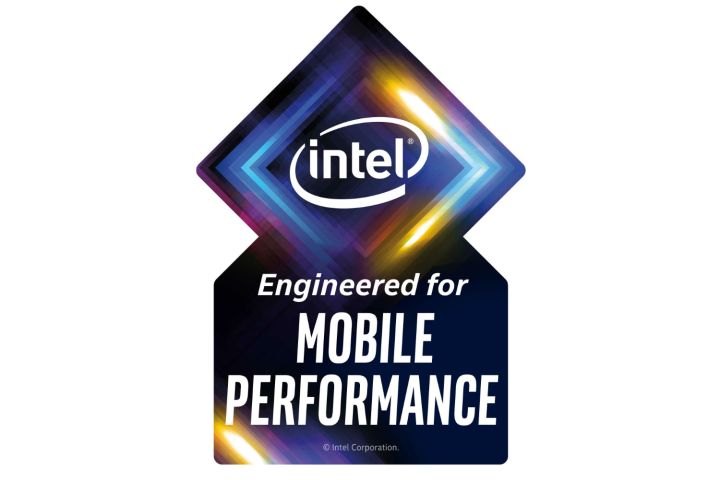
Project Athena is Intel’s way of verifying and marketing specific laptops, and ahead of IFA 2019, the company has expanded the program to include some more devices.
The first verified systems, the HP EliteBook x360 1040 and 830, will be joined by the Dell Inspiron 14 5000, Dell Latitude 7400 2-in-1, Dell XPS 13 2-in-1, and Lenovo ThinkPad X1 Carbon. These laptops will now be sold with a new badge that says “Engineered for Mobile Performance.” It’s not the most pithy phrase in the world, but it’s meant to communicate Intel’s closer involvement with the design and experience of the product.
In a press release, Intel included a quote from some merchants getting behind the marketing effort, including Costco and Best Buy.
According to Costco, “Project Athena-based laptops are what our members desire with improved performance, instant on, intelligence, better battery life and improved connectivity, all in new, beautiful, sleek form factors. We’re excited to partner with Intel to be at the forefront of PC innovation.”
What does this badge actually mean? Well, Intel opened up labs in Taipei, Shanghai, and Folsom, California to test systems for a few specific performance qualifications. General performance and low-power optimization is what Intel is looking for as it attempts to push the industry toward thinner designs, extended battery life, and fast performance.

Intel says the verified components include “solid-state drives, touch controllers, embedded controllers, and display panels, which can often have the greatest effect on a device’s performance and power consumption.”
Elsewhere, Intel claims Project Athena verifies six “innovation vectors,” which include “instant action, performance and responsiveness, intelligence, battery life, connectivity, and form factor.” That’s quite a wide variety of areas, covering most of the important aspects of a high-end laptop. If manufacturers want the new badge, they’re expected to align the systems with Intel’s specifications. This is only the first year of what is supposed to be a multiyear project for Intel, and is akin to its push for the Ultrabook designation in the 2000s.
The rollout of Project Athena also coincides nicely with Intel’s launch of its new 10th-gen mobile processors. This year’s processors are split into two distinct lines: 14nm Comet Lake and 10nm Ice Lake, though the choice of processors doesn’t seem to affect whether or not a laptop is awarded with the new badge.
Editors' Recommendations
- Intel Battlemage graphics cards: release date speculation, price, specs, and more
- Intel’s CPUs just got way more confusing
- Why the most powerful laptops of 2024 might not use Intel’s latest chips
- Intel’s Core Ultra CPUs are more Apple, less AMD
- Intel is using AI to make your laptop battery last longer

